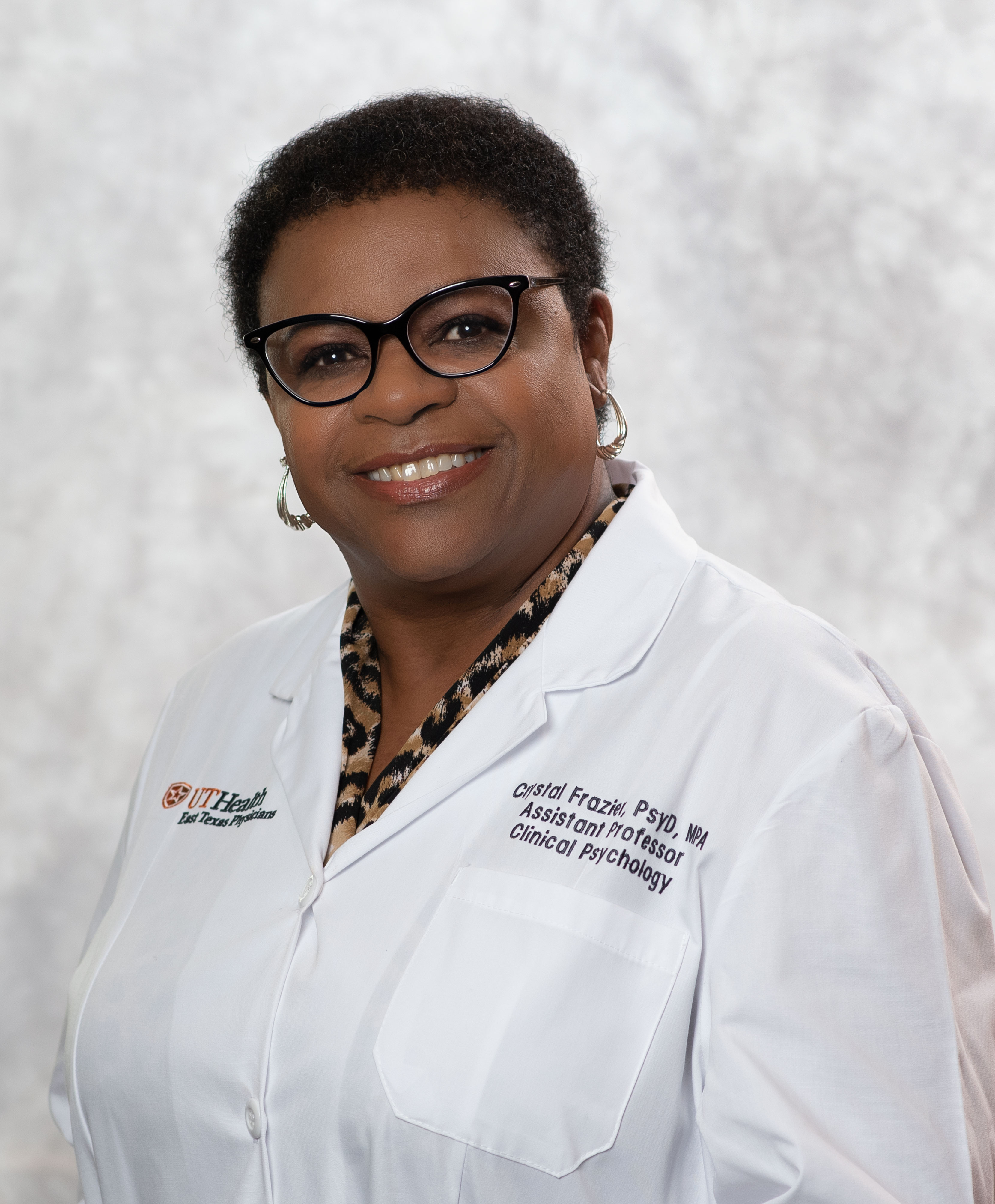
Blog by Dr. Maria Anastasiades, PsyD and Dr. Crystal Frazier, PsyD, MPA
It’s common for people to say they have the “winter blues” or that they are depressed in the colder, darker months of the year. These comments are sometimes benign, but they may also indicate that this person is suffering from seasonal depression. With the turn of the season, when everything is blooming and the sun is shining, it may be easy to forget about these shifts in mood, but if these episodes happen every year, it’s important to know that there is help available.
Major Depression and Seasonal Depression
Major depression is one of the most common mental disorders in the United States. It affects over 17 million people and although it is a common disorder that can seriously disrupt an individual’s life, there were 35% of people who did not seek treatment. Major depressive disorder lasts for at least a two-week period (or longer) and is marked by symptoms including depressed mood, loss of motivation and interest in things previously enjoyed, increase or decrease of sleep or appetite, feelings of worthlessness, fatigue, trouble concentrating and thoughts of death or suicide.
Seasonal depression is a type of major depressive disorder. In most cases, the episodes begin in fall or winter and remit in spring, while less commonly episodes begin in summer. If you experience symptoms of depression during the fall/winter months two years in a row, talk to your healthcare professional.
Signs of Winter/Fall Seasonal Depression
- Oversleeping
- Appetite changes, especially a craving for foods high in carbohydrates
- Weight gain
- Tiredness or low energy
Signs of Spring/Summer Seasonal Depression
- Trouble sleeping (insomnia)
- Poor appetite
- Weight loss
- Agitation or anxiety
The prevalence of winter-type seasonal pattern appears to vary with latitude, age and sex. Prevalence increases with higher latitudes. Age is also a strong predictor of seasonality, with younger people at higher risk for winter depressive episodes. Women are more likely to experience seasonal depression than men.
Spring’s Effect on Mood
Some with depression may expect that the increase in daylight, warmer temperatures and upcoming vacations will improve their mood. If a person with depression expects their mood to improve during the spring, but it does not, this can be discouraging and even lead to feelings of hopelessness. Although some patients may experience an improvement in mood, others may not. Spring holidays and vacations can also have an effect on one’s mood. These breaks can disrupt typical schedules, and this change in structured activity can impact those who are depressed. In addition to an altered schedule, seeing others’ vacations on social media could also have a negative impact on mood, as people make upward comparisons to others’ seemingly “perfect” lives.
Depression is caused by biological, genetic and environmental factors that may or may not be improved by a change in weather. However, there are many effective treatments for depression including medications, talk therapy, and in the case of seasonal type depression, light therapy and vitamin D therapy.
If you believe you may be suffering from depression, especially seasonal, here are some activities you can try on your own that may be helpful in lifting your mood:
- Spend more time outside
- Exercise regularly
- Exercise outside
- Eat a healthy diet
- Spend time with friends or family
- Take a break from social media
Stressful Season for Children
Anxiety and depression may increase for school-aged children and teenagers during the spring season. This is can be due to academic stress and peer-related stress. Children who exhibit signs of depression could benefit from therapy sessions.
Seeking Treatment
When you have been experiencing symptoms of depression most of the day, every day, for two weeks or more, see a healthcare professional such as your primary care provider. Sometimes, people do not notice they are depressed until it begins to affect work/school or social/home life. Discuss these symptoms with your primary care provider, because depression is treatable.
Treatment for depression includes medications, talk therapy, exercise, and in the case of seasonal depression, light therapy and vitamin D therapy. Often a combination of treatments is utilized. Depression is a treatable condition, so if you suspect you or someone you know may be depressed, speak with a healthcare professional.
If you or someone you know is experiencing thoughts of suicide, immediate attention is critical. The National Suicide Prevention Lifeline is available 24/7 at 1-800-273-8255, or at 1-800-799-4889 for those who are deaf and hard of hearing. In addition, the Crisis Text Line is available 24/7 by texting HOME to 741741. In case of immediate crisis, call 911 or go to the nearest emergency room.
To find a primary care physician and schedule an appointment, call 903-596-DOCS.
Dr. Crystal Frazier is a doctoral level trained Licensed Psychologist with extensive education in clinical psychology. She is an assistant professor in the Department of Psychiatry and Behavioral Medicine and a member of the doctoral psychology internship program training committee. Dr. Frazier has managed her own psychological services practice where she provided care to older adolescents, and adults. She has a special interest in caring for patients struggling with anxiety, depression, and trauma related symptoms. She is passionate about helping clients complete the often very challenging therapeutic work and helping them achieve their goals for positive life changes. Patients can see Dr. Frazier by appointment in our Adult Psychiatry Clinic at North Campus Tyler.
Dr. Maria Anastasiades, PsyD
Clinical Health Psychology Postdoctoral Fellow
Dr. Maria Anastasiades, PsyD, is a Clinical Health Psychology Postdoctoral fellow at UTHSCT. She completed her doctoral degree at Mercer University in Atlanta, GA, and her internship here at UTHSCT. She is provisionally licensed in Texas. Her clinical focus is on mind-body connection, including serving patients in medical settings and addressing the interaction of physical and mental health. In addition, she supports wellness for the resident physicians at UTHSCT. She is passionate about mindfulness practice as a daily tool for managing stress, and her hobbies include reading and running.
References
American Psychological Association (2014). Seasonal Affective Disorder. Retrieved from https://www.apa.org/helpcenter/seasonal-affective-disorder.
Center for Disease Control (2013). Holiday Suicides: Fact or Myth? Retrieved from https://www.cdc.gov/violenceprevention/suicide/holiday.html.
Hansen, B & Lang, M (2011). Back to school blues: Seasonality of youth suicide and the academic calendar. Economics of Education Review. 30, 850– 861
The National Institute of Mental Health (2016). Seasonal Affective Disorder. Retrieved from https://www.nimh.nih.gov/health/topics/seasonal-affective-disorder/index....
Vyssoki B, Kapusta ND, Praschak-Rieder N, Dorffner G, Willeit M. Direct Effect of Sunshine on Suicide. JAMA Psychiatry. 71(11):1231–1237. doi:10.1001/jamapsychiatry.2014.1198.


